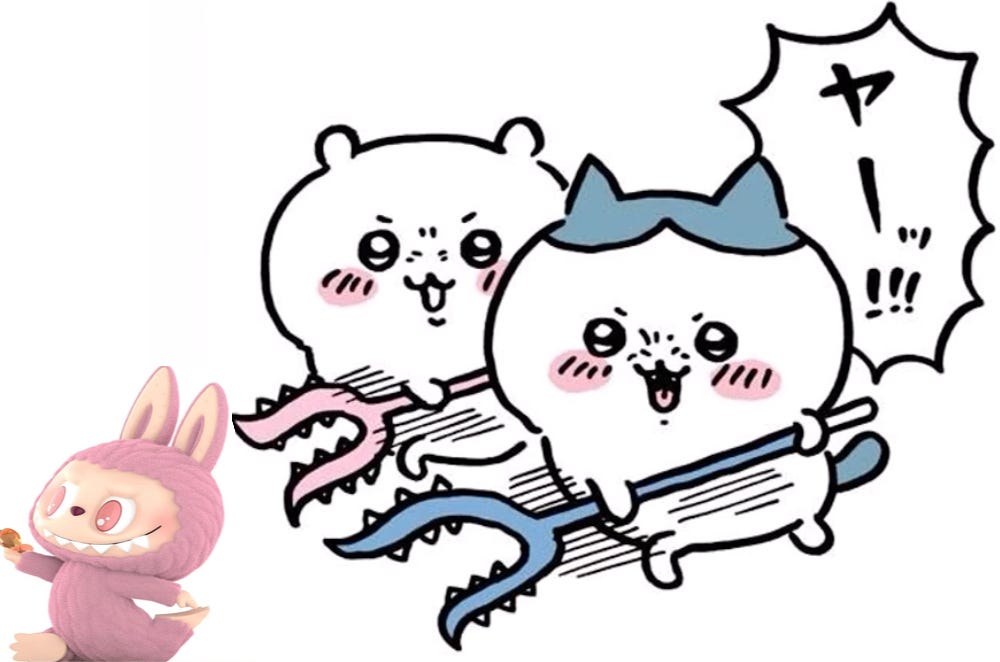No Labubus please, we're Japanese
Why a toy craze isn't finding traction in a toy-crazed country
The year is 2008. A globally popular product finally reaches Japanese shores – only to crash and burn because customers didn’t find it cute enough. That product was the iPhone, and it initially failed here for a reason that surprised Apple: it didn’t include support for emoji. The little glyphs were, at the time, peculiar to Japan — unknown abroad but i…




